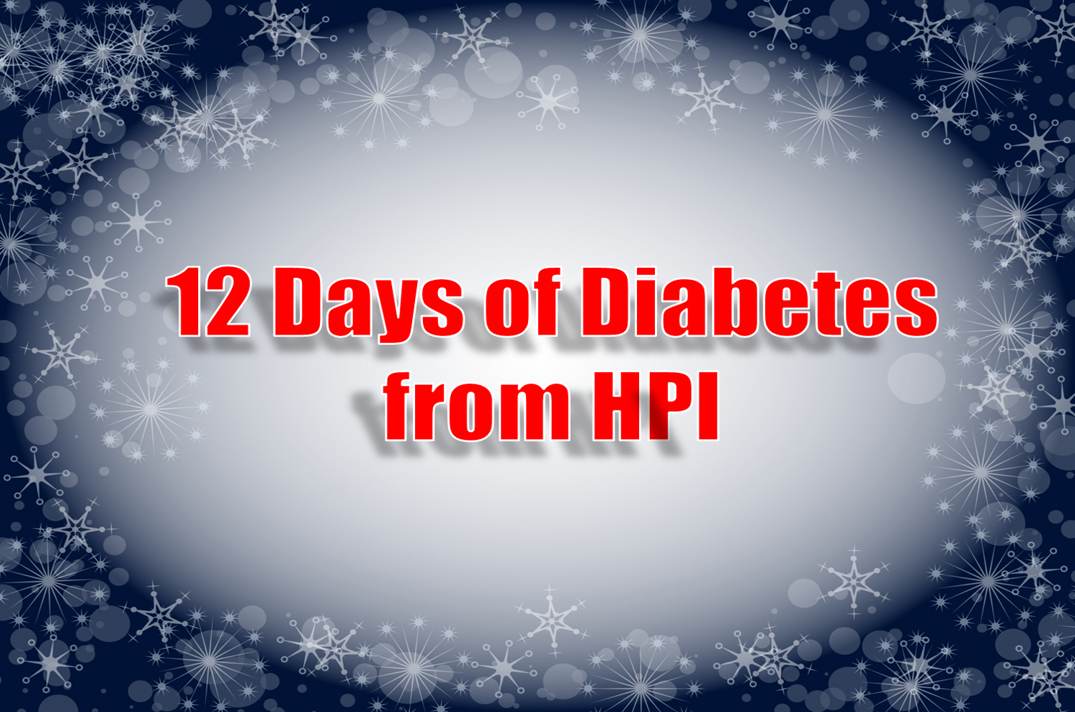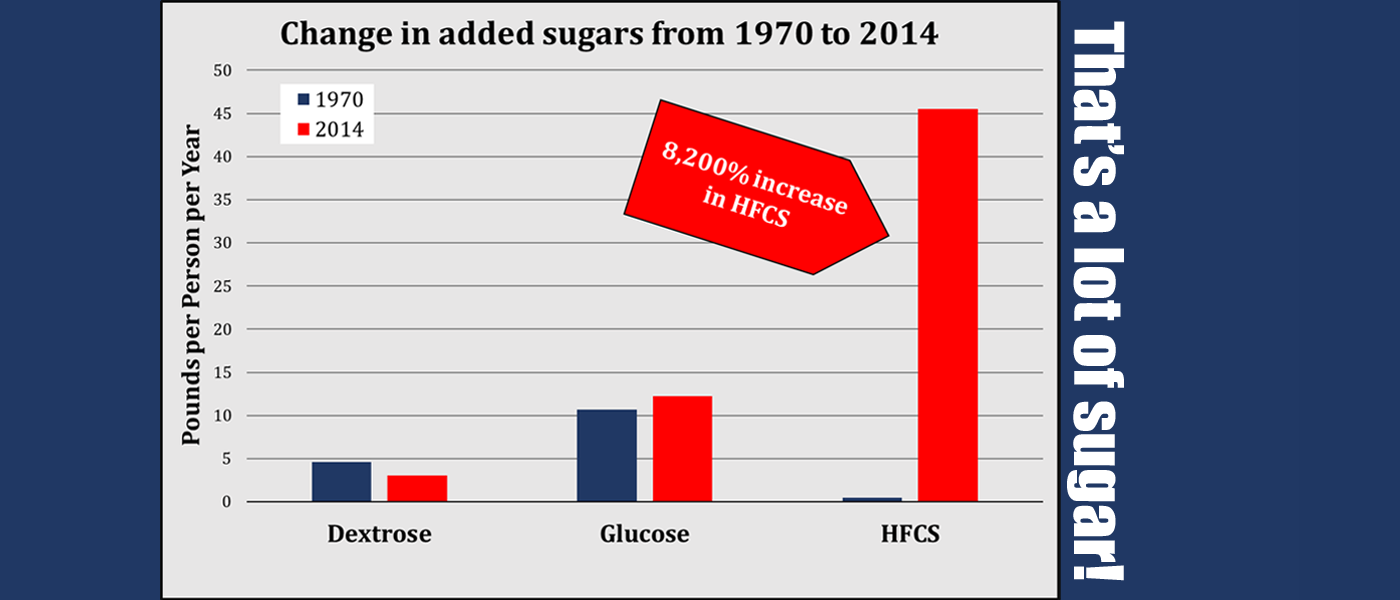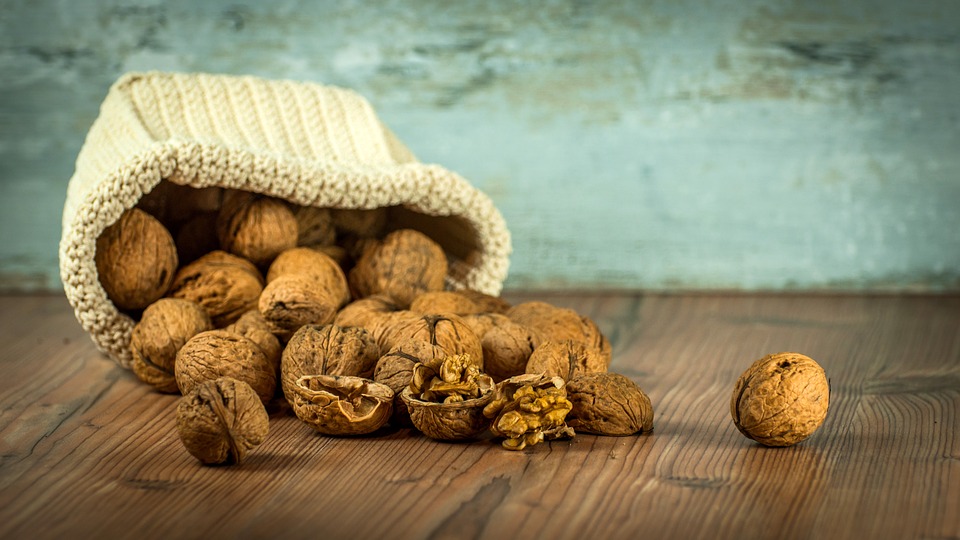To better answer this question, it’s probably best to have a basic understanding of how you get hungry.
Note: The information below comes from The Academy and it’s a simplified version of complex processes when discussing hunger. We have used this approach for years with outstanding results.
In The Academy, we talk about hunger from two perspectives: 1) How and 2) Why. The “how” part refers to how your body gets hungry. We also discuss this as physiological or physical hunger. The “why” part refers to psychological hunger and we talk about this as cravings.
How Your Body Gets Hungry
From a physical perspective, you get hungry in two ways. The first is satiety, which is an indicator of the nutritional quality of your diet. When you eat foods high in vitamins and minerals, you feed your body the vital nutrients it needs. This increases satiety and when your satiety is high, you tend to be less hungry.
The other way is access to energy. Your body is in constant need of energy. If your ability to burn fat is compromised (like it is in type 2 or pre-diabetics), then the main way it can get more energy is through the food you eat. So…if it has been a while since your last meal and your body struggles to “access” fat tissue, you will get hungry.
Why Your Body Gets Hungry
These are cravings and they can be especially difficult to deal with. The foods we typically crave tend to be high in metabolic sugar – foods that rapidly and significantly raise blood sugar (we refer to them as metabolic sugar because they don’t have to taste sweet – chips or bread, for example).
We get these cravings because when we eat these foods, they make us feel better (at least temporarily). But…we always seem to be chasing that temporary good feeling.
And the more frequently we do this, the more difficult it is to break the cycle. But there are ways to make this easier or to completely eliminate cravings.
Becoming Less Hungry
The first thing you need to do is focus on the quality of food you eat. Nutrient dense foods (protein and vegetables, for example) are high on the satiety scale. If you make sure this is the majority of your calories, you will feed your body the vital nutrients it needs. This will decrease your hunger.
As you focus on food quality, you will also improve your body’s ability to burn fat tissue. Additionally, strictly limit (or eliminate) processed, junk carbohydrate foods. Rapidly elevating your blood sugar is a major problem for energy access. Don’t do this. As you keep your blood sugar low through diet, your body will get better at burning fat tissue, decreasing your hunger.
Side Note: You can also walk for 30 minutes or more each day as walking also helps your body get better at burning fat.
Now, let’s get to cravings or why we get hungry. When you do the two things above, cravings will decrease. At least that is what we see in all of our type 2 diabetics. Why? It’s a combination of feeding your body, having access to fat and signals coming from your body to your brain that things are ok.
We also see people in our programs struggle with dessert after a meal. This appears to be more of a habit than a craving. To deal with this, suggest the following: Dessert is okay but it must be after a meal that was compliant with the recommendations above and it must be at least 30 minutes since the meal (60 minutes is better).
Why does this work? A highly sating meal takes longer to digest. So it takes longer for you to realize you are full. By waiting, you give your body extra time to get more full, which means you will either eat less dessert or realize you don’t want any dessert at all.
That is How You Deal with Hunger
You MUST eat foods high in nutritional quality – primarily protein and vegetables at all meals of the day. This increases satiety.
You MUST ALSO strictly limit processed food consumption, which jacks with your blood sugar and causes the access to energy problem, which makes you hungry.
Finally, you have to incorporate strategies to deal with habitual eating – like waiting 30-60 minutes for dessert – because when you follow the two points above, cravings will significantly decrease (If not completely disappear).
This is how you become less hungry and improve your relationship with food as a type 2 diabetic.
Please like and share with anyone you know that can use this information and let me know how it helped you.
Thank you!
Featured image courtesy of Free-Photos.




